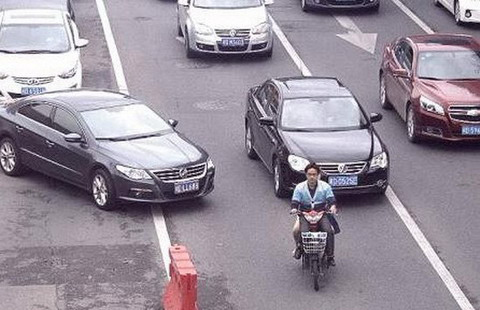Shameless graft unsettling
(China Daily) Updated: 2014-11-19 07:46By colluding with smugglers, the customs officers in Sha Tau Kok dared to completely betray their duties as State functionaries.
The trial of the former head of the customs agency shows that he accepted bribes for helping others get promoted. And such deals were reportedly "rampant" there, again confirming people's suspicions of such a business in public offices.
Even more outrageous, however, was that the supervisory department within the local customs said it "knew nothing" about what was going on until the judiciary stepped in.
They may come up with various reasons for failing to perform their sole duty, but perhaps someone will explain how the "open secret" on Chung Ying Street seemingly remained beyond the ken of those specifically charged with monitoring such malpractices. It also calls for an explanation of how, after all the complaints from local residents, they could still claim they were uninformed.
According to reports, local residents repeatedly reported the smuggling to the local authorities. But their complaints were like pebbles thrown into the sea.
Besides the amazing decay of an entire customs office, we see fresh evidence of how dysfunctional local supervision is.
The fight against corruption has been strenuous exactly because local watchdogs do not even bark.
This country has a comprehensive disciplinary apparatus in place, including the government's and the Party's, which both have well-staffed offices at all levels.
But it takes more than that to make it work.











